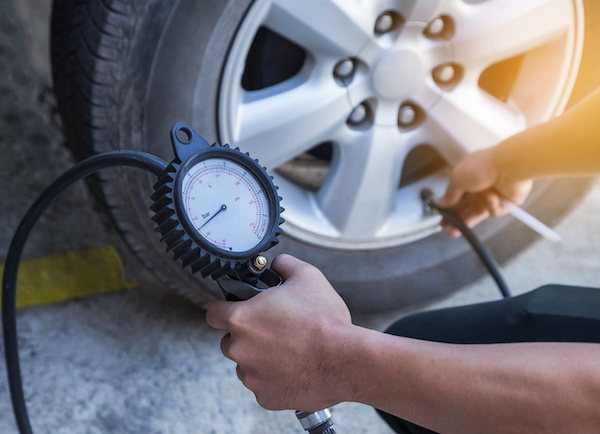
Now that it is November in Denver, you’re probably greeted with the cold and crisp air every time you go outside to get into your Mercedes-Benz. The last thing you want to see after getting in is the tire pressure monitoring system light or tire pressure warning light. Have no fear as you’re probably not the only one who is dealing with that problem. It is considered normal for your tires to fluctuate as it gets colder outside.
It is simple science that you probably didn’t think much of when you were in school. Heat causes air pressure to expand while cold causes it to contract. For every 10 degrees it drops in Denver, your tire pressure should decrease by 1 psi or pounds per square inch. That is why you may be welcomed with the TPMS light. Whenever you catch this warning, it is important for you to top them off soon.
What Are the Dangers of Driving with Underinflated Tires?
- Lowered fuel economy
- Uneven tire tread
- Premature tire wear
- Increased risk of blowout
- Negative impacts on vehicle handling and overall safety
Most people think, “why should I waste my time on this”. Underinflated tires isn’t something that you should ignore, especially if you care about how much you spend on tires and yours and other people’s safety.
At MBClinic Inc, we highly advise that you check your tire pressure as often as every month. All you need is a temperature gauge, which most are digital versions now. These tools are easy to read. Once you’ve confirmed your tire pressure reading, feel free to stop by our shop or your local gas station for a tire fill-up. You can refer to your owner’s handbook for your specific Mercedes-Benz model.
In advance of holiday travels, we recommend that you check your Mercedes-Benz’s tire pressure. For all your tire and maintenance needs, please do not hesitate to contact the team at MB Clinic Inc.